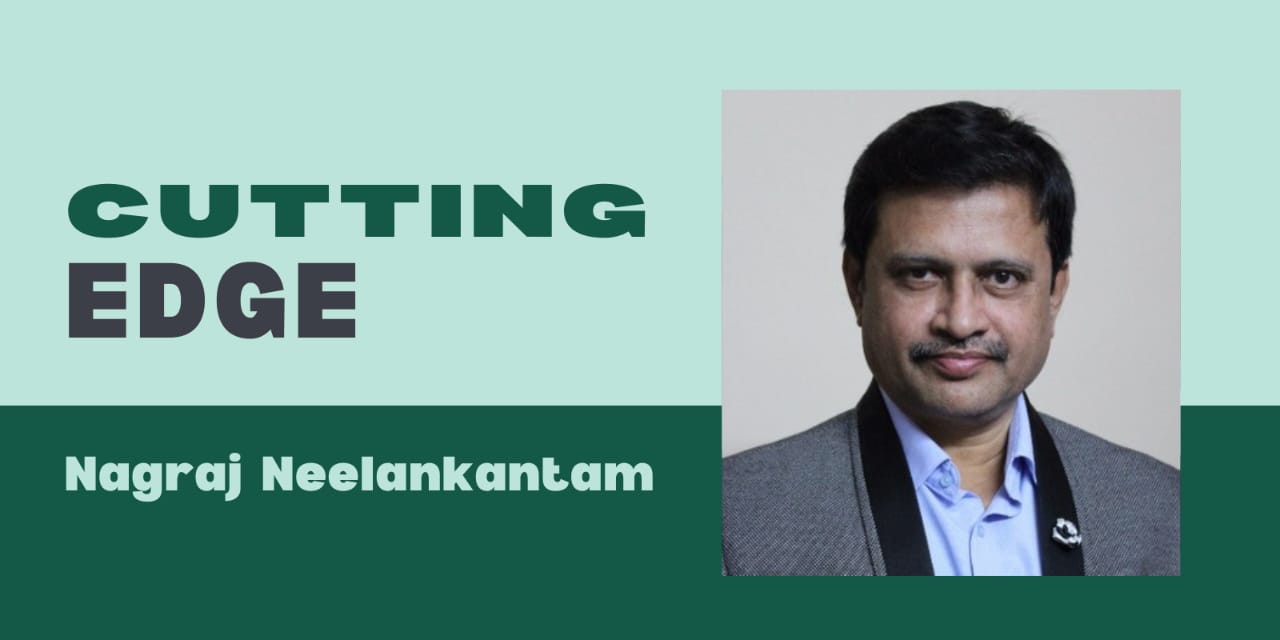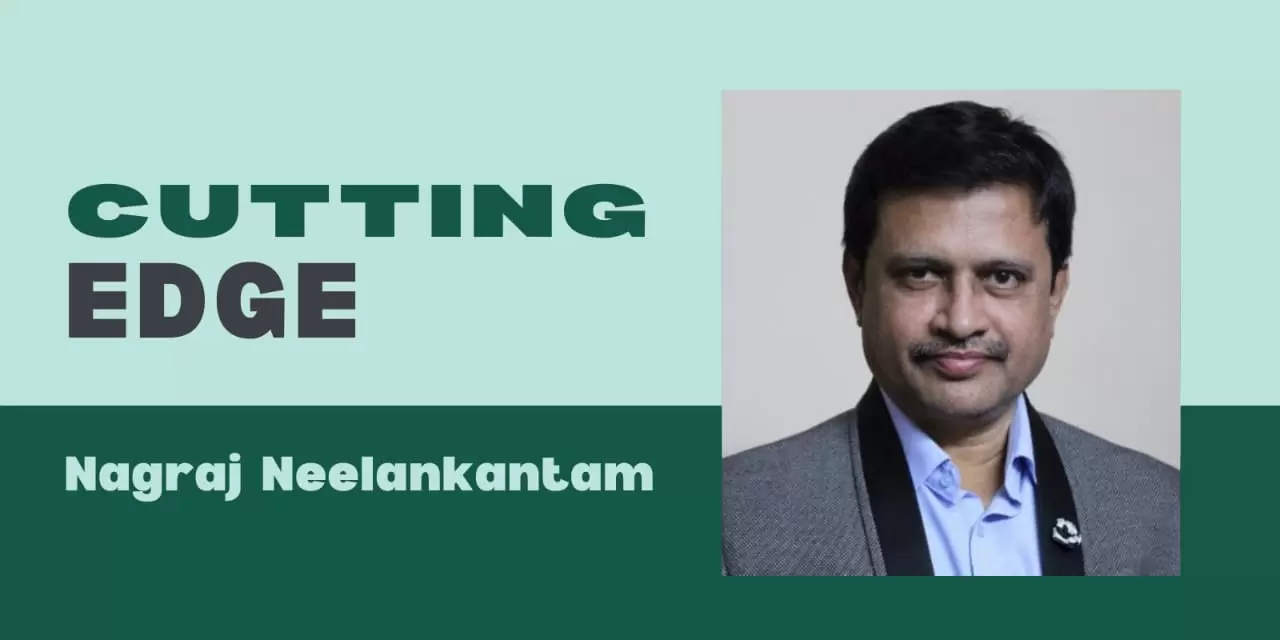In the theatre of geopolitics, nations are tested not only by visible adversaries but also by unseen forces seeking to derail their rise. India, on its path to becoming a global power under Prime Minister Modi’s leadership, has faced such covert challenges. Yet in these moments of uncertainty, unlikely friendships and quiet interventions emerge, reshaping a nation’s security and stability. Among them stands Mossad—Israel’s famed intelligence agency—whose covert strategies have quietly but profoundly safeguarded India’s interests.
The story begins with a curious operation dubbed “Operation Jasmine.” Its real counterpart, “Operation Javelin,” invites a deeper look into the subtle art of intelligence deception. The renaming alone is a warning of how easily public narratives can be manipulated—and a reminder of why ordinary citizens must critically engage with the forces shaping their nation’s security. Prime Minister Modi’s earlier exposure of Donald Trump-era measures against Indian companies further underscores how intelligence work transcends battlefields, spilling into boardrooms and economic arenas.
At the heart of Mossad’s revelations lay a plot to sabotage India’s most ambitious infrastructure drive. Modi’s push to build vast networks of roads, ports, and power plants had alarmed those threatened by India’s rising influence. Through Operation Javelin, Mossad uncovered attempts to cripple this economic momentum, revealing how infrastructure is not merely concrete and steel but the very foundation of sovereignty. Whispers of links to Gautam Adani—a figure both celebrated and contested—surfaced as part of the intrigue.

Few corporate sagas have captivated India like Gautam Adani’s meteoric rise to become Asia’s richest man. Yet almost as swiftly came the sting of a controversial Hindenburg Research report. The timing was too sharp to ignore—barely days after Adani’s milestone was announced. Mossad’s rapid probe, completed within forty-eight hours, suggested Adani was not the villain painted in headlines but a pawn in a larger geopolitical game. This episode exposed the dangerous intersection of global finance, corporate warfare, and national security.
Beneath the surface, Mossad traced threads leading to actors in both the United States and China who were allegedly orchestrating a destabilisation campaign against India. Cyber experts followed encrypted communications and digital footprints charting the flow of funds and exchange of strategies aimed at undermining India’s political core. What emerged was a portrait of economic warfare waged not with tanks or missiles but through research papers, financial short-selling, and digital manipulation.

The trail extended into the realm of philanthropic power. Mossad intelligence pointed to George Soros, whose funding of NGOs and think tanks sought to challenge Modi’s credibility and shake India’s democratic fabric. This was not merely about discrediting a leader but about sowing seeds of compliance in a government more malleable to external interests. Such revelations highlight how modern battles for sovereignty are waged through ideas, institutions, and the weaponisation of narratives.
In the face of these discoveries, Mossad opted for discretion. Its findings were shared directly with Prime Minister Modi in secret meetings, reinforcing the deep trust between the two nations. Israel’s operatives urged strategic silence even when evidence was in hand—silence not as weakness, but as wisdom, enabling India to act decisively without prematurely revealing its cards.
The web of conspiracy extended to familiar rivals—Pakistan and China—whose fear of India’s rise drove them to weaken its foundations. Mossad files even linked American short-sellers and European NGOs to this network. Yet in countering these threats, India found not only defence but a recalibration of regional power. Mossad’s collaboration bolstered India’s intelligence capabilities and signalled a new era of counter-terrorism partnerships where knowledge itself became the most decisive weapon.

Meanwhile, the domestic political stage shifted. As Adani’s power surged, Rahul Gandhi’s fortunes waned. His diminishing influence, coupled with electoral setbacks in states like Karnataka and Himachal Pradesh, cast him as a liability rather than a leader. The narrative framed his aggression towards Modi as symptomatic of deeper international manipulations, where opposition leaders risked becoming instruments in a broader play against India’s unity.
Even as covert battles raged, India showcased its own resolve through operations such as Sindoor, signalling enhanced defence readiness under Modi’s watch. This determination extended beyond the armed forces. Citizens were urged to participate in the collective guardianship of the nation through vigilance, awareness, and resistance to false narratives. In the age of hybrid warfare, community involvement is as vital as missiles and radars.
Conspiracies thrive not because they are powerful but because they prey upon uncritical minds. The amplification of false narratives to discredit Modi and weaken India’s unity, abetted by segments of the media, created an echo chamber of doubt. The video urges viewers to exercise scepticism and discernment, reminding us that safeguarding a nation is as much about mental resilience as physical strength.
Through every twist in this unfolding drama, one truth stands out: Mossad’s covert assistance has altered the landscape of India’s security. From exposing international conspiracies to preventing potential attacks on Indian soil, Mossad’s involvement underscores the irreplaceable value of international intelligence sharing. For India and Israel, this partnership is not merely tactical but deeply strategic, rooted in a mutual recognition of shared adversaries and shared destinies.
The story of Mossad’s role in India’s security is more than a tale of spies and secret missions. It is a reminder that resilience often springs from solidarity, and that the guardians of a nation’s future sometimes wear invisible uniforms. In a world where battles are fought with both words and weapons, India’s partnership with Israel shows how intelligence and trust can illuminate a path through the darkest conspiracies. For citizens, the lesson lies in vigilance, unity, and the quiet confidence that even in silence, great powers are at work to safeguard the nation’s tomorrow.





